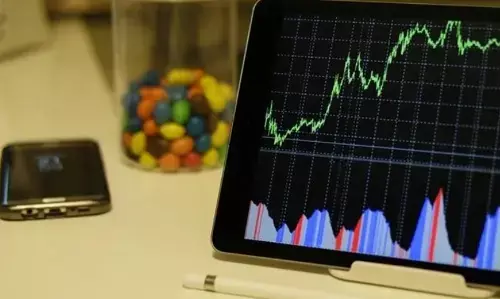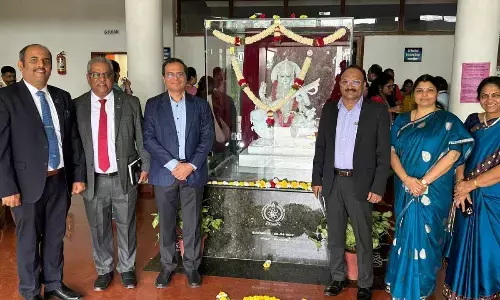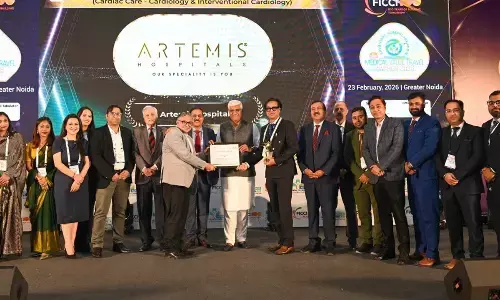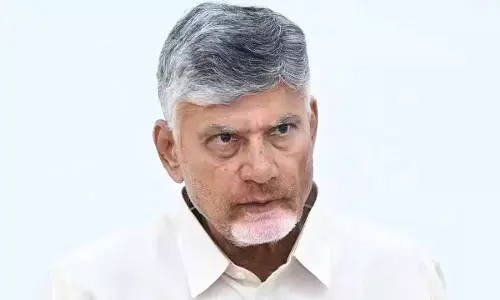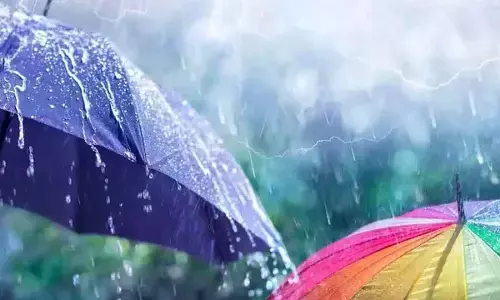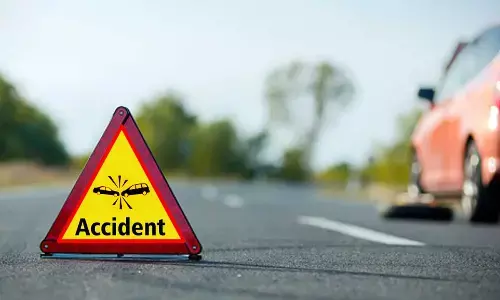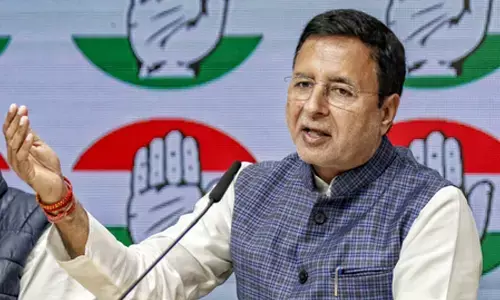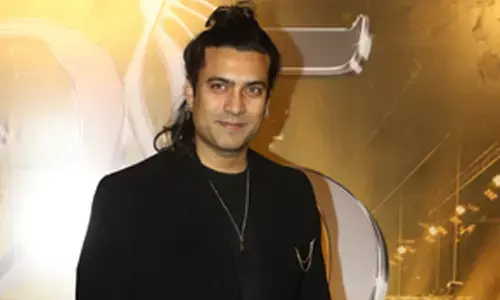Need for political, electoral reforms
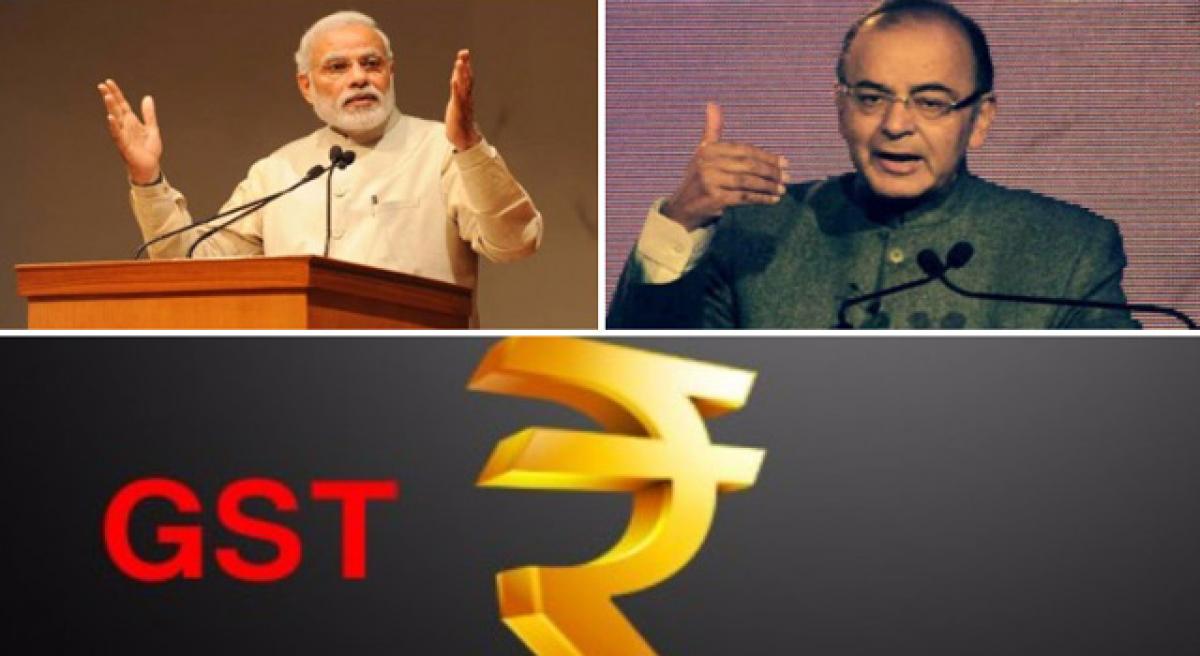
By implementing demonetisation of high denomination currency and having introduced a revolutionary Goods and Services Tax (GST), Prime Minister Narendra Modi has earned a name for himself.
By implementing demonetisation of high denomination currency and having introduced a revolutionary Goods and Services Tax (GST), Prime Minister Narendra Modi has earned a name for himself. The pioneering new set of economic reforms will change the way the country is governed. Needless to say, these will also help the country achieve an exalted economic powerhouse stature.
However, in addition to the economic reforms that have been ushered in, the country is in a dire need of political and electoral reforms so as to give substance and shape to our democracy. Prime Minister Modi showed his political astuteness by proposing the name of self-made but erudite Dalit leader Ramnath Kovind as the NDA Presidential nominee.
In the realm of political reforms, all parties should have a mandated internal democracy, more as a sign of their transparency. There should be regular elections to all party office-bearers posts at various levels All parties should also publish their audited accounts annually. Both Houses of Parliament and various state Legislatures are not functioning properly.
The opposition partied with their adverse functioning are only worsening the situation. Rather than learning from acts of omissions and commissions, the parties indulge in frivolous ways to disrupt the proceedings of the legislatures. This is even as some stoop to low levels like exhibiting their muscle power.
This calls for an urgent need to select candidates with a record of public service and ethical and moral values. As the debating talent in the Parliament and state Legislatures is nothing to feel proud about, the political parties should select some of retired civil servants, academicians and social workers as their party candidates.
After the first and second general elections, the Houses boasted of many talented orators who were pragmatic while expressing their points of view during debates. Mind you, in those glory days, the opposition never disrupted proceedings. Debates were always meaningful. Members like Dr Shyam Prasad Mukherjee, Nath Pai, Frank Anthony, from the opposition benches used to match treasury benches, including Prime Minister Jawaharlal Nehru.
Till 1967, we had simultaneous elections to Lok Sabha and state Assemblies. However from 1971, when Indira Gandhi dissolved the Lok Sabha and went for elections, the country has been witnessing separate elections to the Lower House and State Legislatures. Prime Minister Modi is now emphasizing the need for simultaneous elections in the country. In fact, these simultaneous elections should be held to all the elected bodies, including Panchayati Raj and co-operative bodies to avoid frequent electioneering.
All these bodies should also have the Five-year terms. Given that campaigning is an expensive affair at every level, we should go in for state funding of political parties. The campaigning period of 14 days in vogue at present can be reduced to a week or 10 days .To involve the voters in our polity, a poll levy of one rupee can be collected each month from every registered voter .This will also lessen the financial burden on the state exchequer.
Ever since his election as prime minister of the country , Narendra Modi has exhibited innovative thinking and will go down in history as one of the most innovative political figures of the 21st century. By implementing political and electoral reforms, he will also help the nation recover its polity and extricate the country from the cynicism generated by the Congress culture. (The writer is a retired bureaucrat)
By Dr Srinivasulu Dasari


